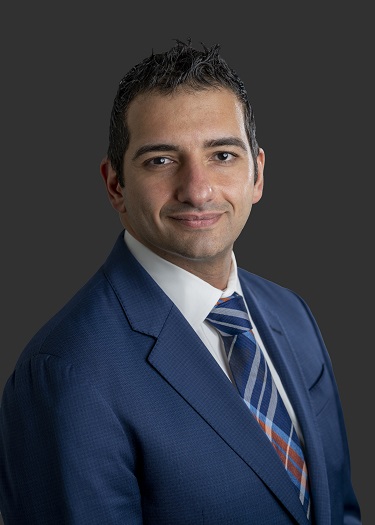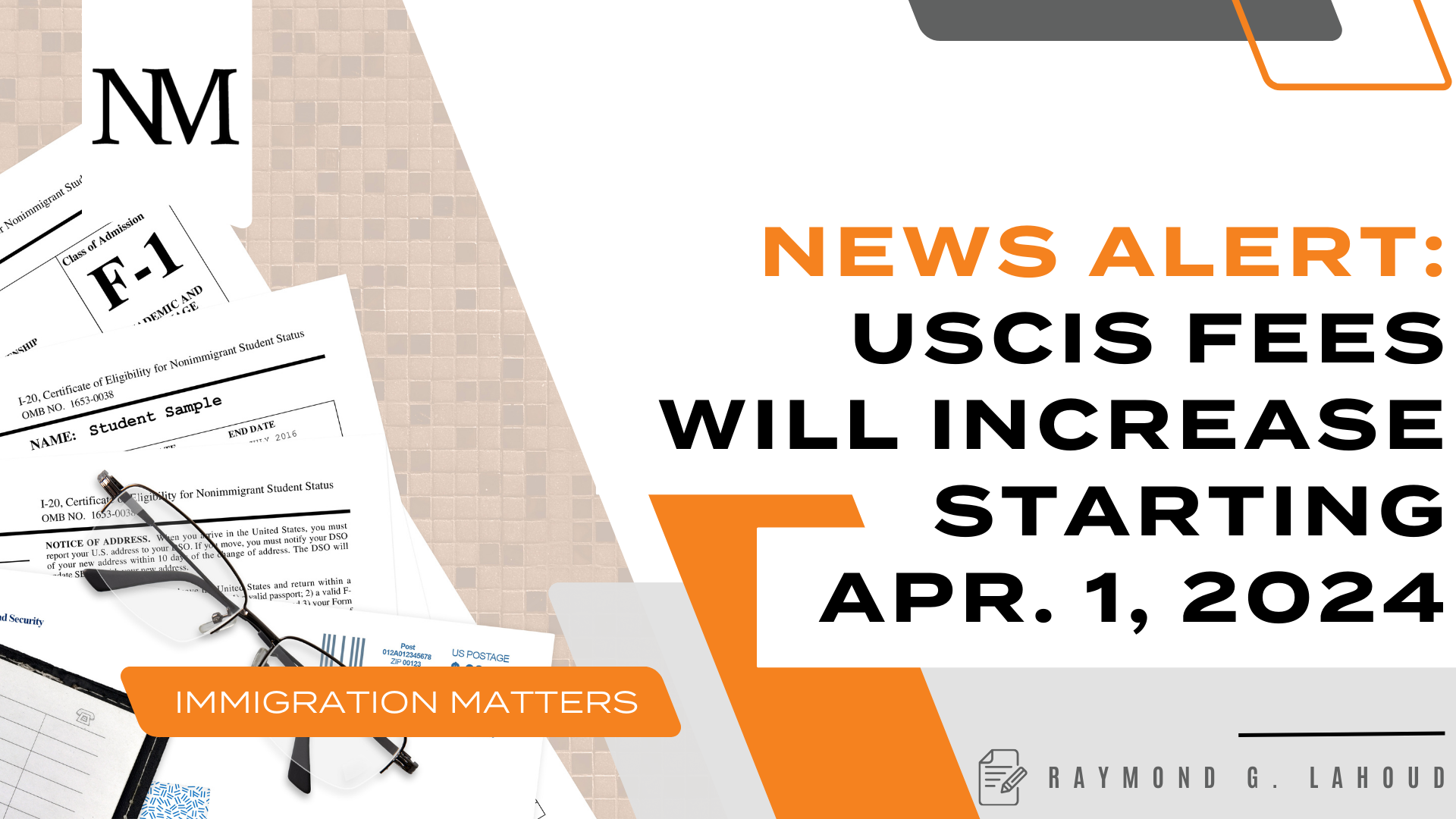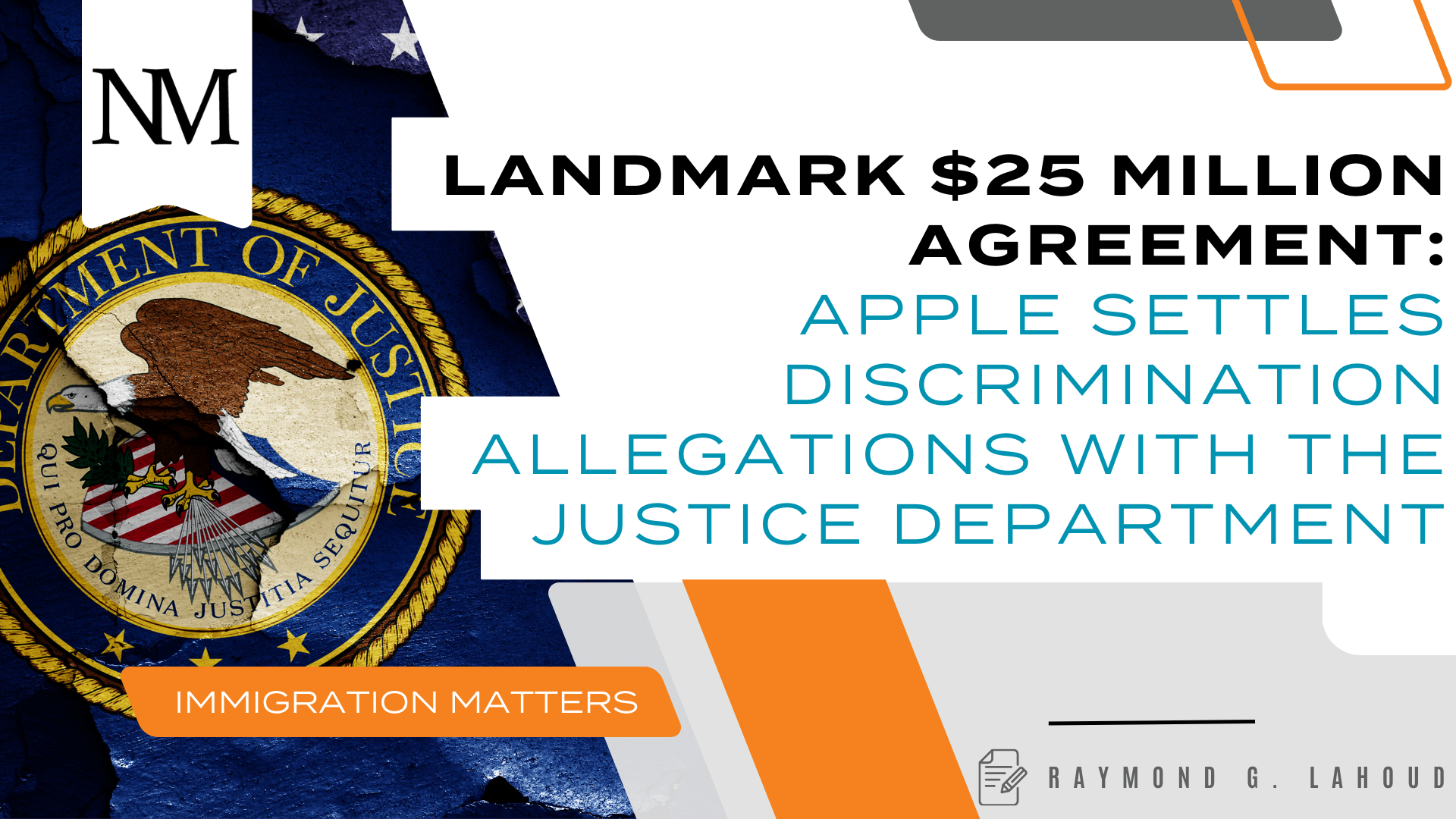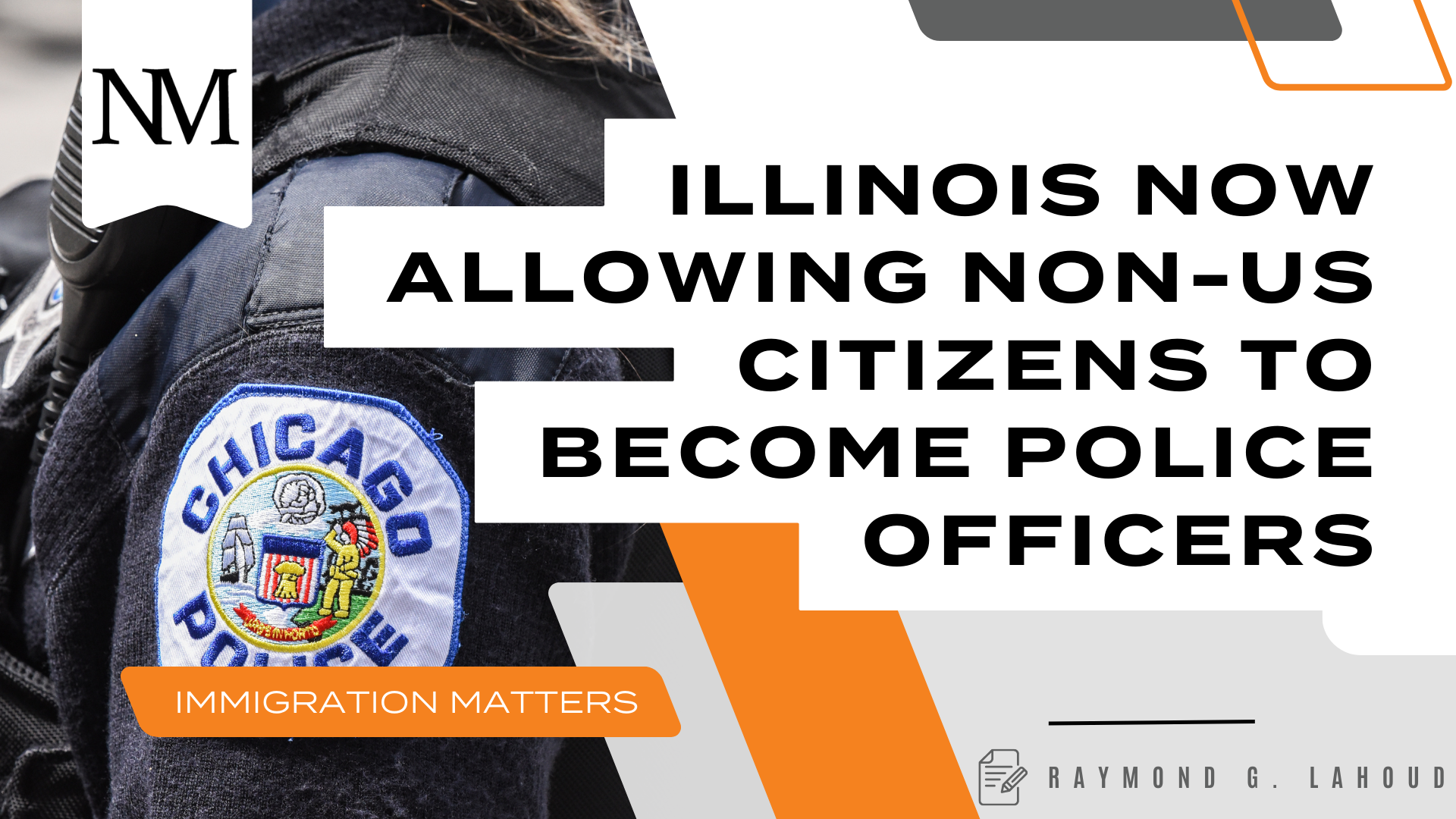Prince Harry: Can He Spare his U.S. Visa?
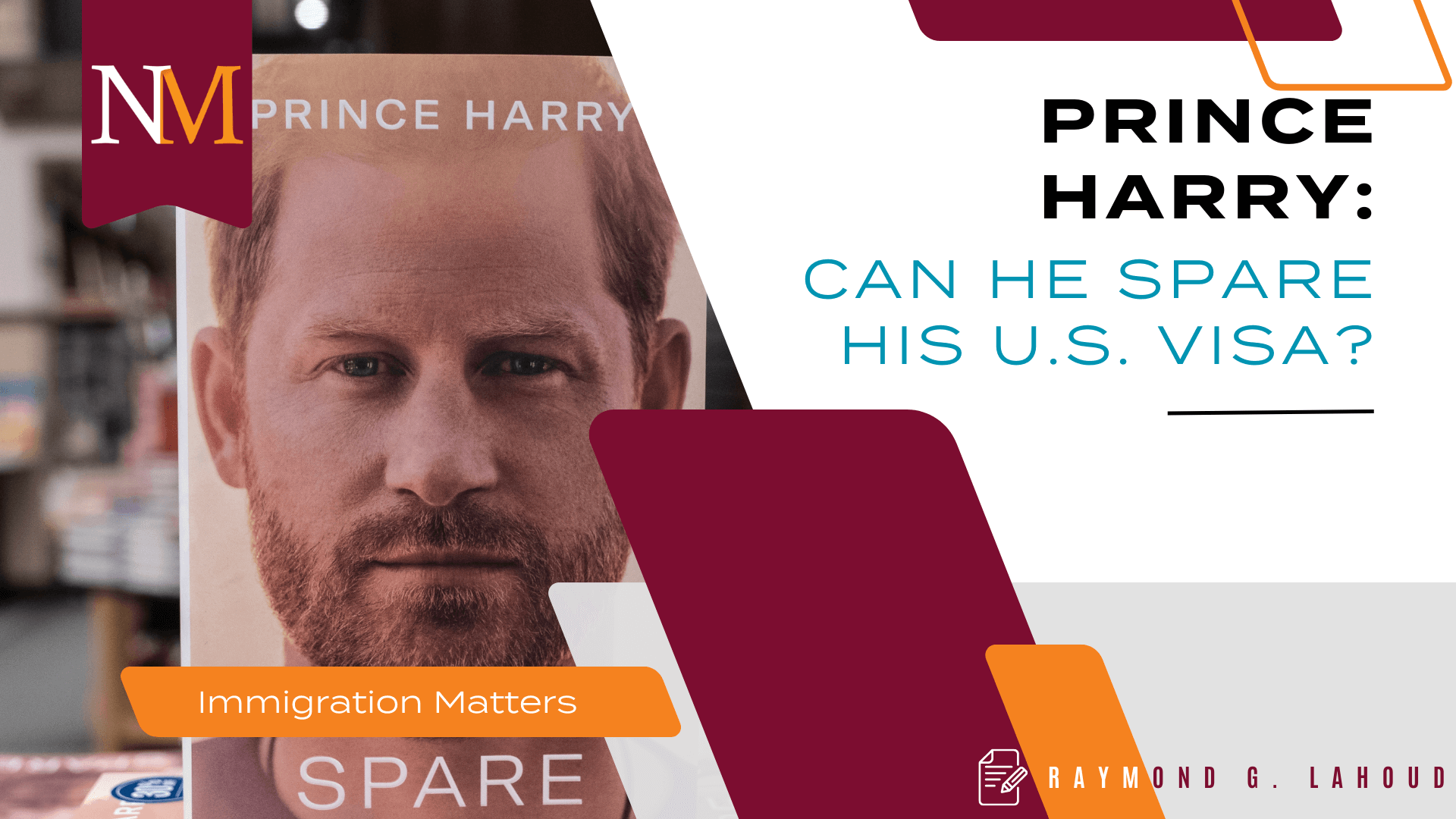
Prince Harry’s memoir Spare (2023) documents salacious accusations about the Royal Family and describes, in detail, Prince Harry’s past and continued use of marijuana, cocaine, psychedelic mushrooms, and other drugs. The author admits to his prior and ongoing addictions to drugs, as well as his possession and continued use. Prince Harry writes that his past use was necessary for him to handle his then-royal duties, ongoing rifts within the Royal Family, and public scrutiny of his life. He writes that more recently, psychedelic mushrooms were critical in helping him find peace in his life – opening his eyes to a world that is not as he first imagined it.
While Prince Harry’s candor is admirable, his words may seriously impact his immigration status in the United States. It is reported that the prince has never applied for lawful permanent residence in the United States by virtue of his marriage to Megan Markle – a United States Citizen. Rather, he is in the United States under a non-immigrant visa. When someone seeks a non-immigrant visa, attempts to enter the United States with a non-immigrant visa, or seeks to become a lawful permanent resident, questions about prior and current drug use, addictions, and for that matter, prior simple possession of drugs, are fair game. Prince Harry’s admissions in Spare could bar him from renewing visas or entering the United States, and quite possibly prevent the approval of any future applications for lawful permanent resident status.
Admitting to drug use can have serious implications for non-citizens in the United States, regardless of an arrest or conviction. In general, drug use can be seen as a violation of federal law, and non-citizens who admit to drug use can be found inadmissible to the United States DOJ.
Drug Use and United States Immigration Law
Under United States immigration law, non-citizens who admit to drug use or have been convicted of drug offenses can be found inadmissible to the United States. Moreover, the Immigration and Nationality Act (INA) prohibits the admission of non-citizens who are “drug abusers or addicts.” This includes both recreational drug users and those who use drugs for medical purposes without a prescription. A conviction is not required; rather, admitting to certain actions can form sufficient basis for denying a non-citizen entry into the United States.
Non-citizens who are found to be inadmissible due to drug use can be barred from entering the United States or denied certain immigration benefits, such as a visa or green card. Non-citizens may be eligible for a waiver of inadmissibility, but this can be a difficult and time-consuming process.
Prince Harry’s Admissions to Drug Use in Spare
In Spare, Prince Harry details his drug use throughout his life. His own words provide a basis for findings that he has possessed, used, and been dependent on drugs that are unlawful under federal law in the United States. These admissions, in and of themselves, could provide a basis for denial of non-immigrant visa renewals, requests to enter the United States after traveling internationally, and any future application by Prince Harry to become a lawful permanent resident of the United States.
It is important to note, however, that Prince Harry’s admissions to drug use do not necessarily mean that he would be found inadmissible to the United States. A finding of inadmissibility based on an admission of unlawful conduct, rather than a conviction, requires one to affirm violating specific elements of a particular federal controlled substance offense. Arguably, Spare makes it clear: Price Harry says, in no uncertain terms, that he used marijuana, cocaine, and psychedelic mushrooms, and, when using those drugs, he effectively possessed them. For purposes of determining if an individual is a drug abuser or drug addict, the abuse and/or addiction must be current or recent. In Spare, Prince Harry writes of his ongoing use of psychedelic mushrooms as a tool to help alleviate the pressures of his past royal life and the ongoing public and media scrutiny.
Should the prince seek lawful permanent residence in the United States, his admissions to drug use will present an additional barrier. Federal law requires non-citizens who apply for lawful permanent residence to undergo a medical examination. This medical examination necessitates a detailed review of current and past drug use, which, in turn, becomes a factor in determining whether a non-citizen is medically admissible to the United States. Lacking medical admissibility because of drug abuse and addiction is a stand-alone basis to deny an application for lawful permanent residence in the United States.
Will Prince Harry Be Spared?
Admitting to drug use creates serious implications on the immigration status and applications of non-citizens. While Prince Harry’s admissions to drug use may not immediately impact him, the future is uncertain. Words are not “just” words, particularly when those words make up the biographic life story of an individual as published in a globally-circulated memoir. The day may very well come when a United States Immigration or Customs Officer who read, or was briefed on, Spare interviews Prince Harry for a non-immigrant visa renewal, lawful permanent residence, or permission to enter the U.S. upon arrival at an airport after international travel.
To learn more about this blog post, or if you have any other immigration concerns, please feel free to contact me at rglahoud@norris-law.com or (484) 544-0022.

